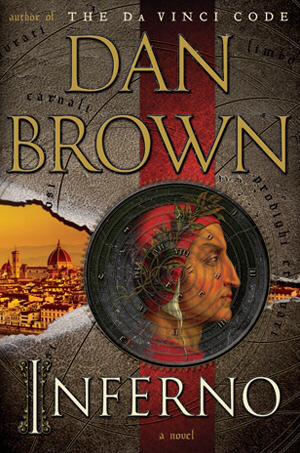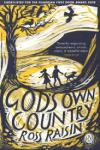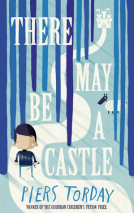According to André Aciman’s introduction to the New York Review publication, the first in English, of Journey Into the Past, its author Stefan Zweig (1881-1942) was translated into more languages than any of his contemporaries (Freud? Mann?). A part of the novella to which Aciman (Out of Egypt) provides way-too-long an introduction-in fact a complete retelling-was published in German in 1929. A manuscript was found and published in German during the 1970s, but in English only last November.
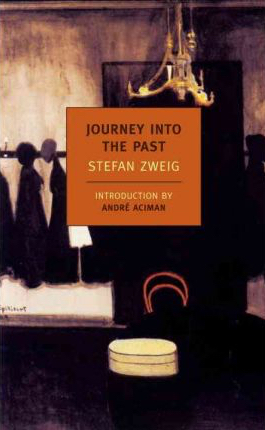
The novella reminds me of “Brief Encounter,” though that script by Noël Coward (expanding his play “Still Life”) for David Lean’s 1945 tearjerker movies takes place entirely in a British railway station and involves a middle-class woman (Celia Johnson) and a physician (Trevor Howard) of roughly the same age, both of them married. One resemblance is that the man is going off to another continent.
Zweig’s pair differ in age (the woman is older) and their status difference is the opposite (the woman’s is much higher). They spend no time in train stations, though the flashbacks occur while they are in a train between Frankfurt and Heidelberg. The POV is that of the man, Ludwig, a chemist from a very poor family who became the in-house assistant to an unwell industrialist. The wife is very sensitive to the young man’s pride, and they fall in love, though he did not become fully aware of that until the eve of his departure to Mexico to oversee supply of some unspecified metal vital to the company.
There is not hint that the industrialist sent away a rival or had any awareness of their mutual attraction. As the job in Mexico is successfully accomplished, Europe plunges into war (WWI) and Ludwig not only cannot return, but cannot even communicate by letter with his beloved.
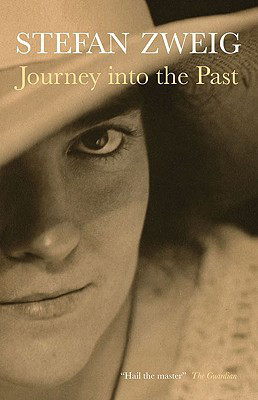
I don’t want to emulate Aciman in plot-spoiling, but there are obstacles other than the class ones (which have been lessened by Ludwig’s Mexican success) to ecstatic, delayed reunion. (WWI ran August 1914- November 1918, and if Ludwig left in 1912, nine years would place the return to where he had lived in Frankfurt in 1923. Zweig did not offer any explanation of why the return wasn’t in 1919.)
For all the shared regret for the long separation-blamed on geopolitical interference-diffidence remains. (She feels old now and believes that “when a woman’s hair turns grey, she has no more to wish for, no more to give”) Ludwig remembers (not quite correctly) a couplet from Verlaine:
In the old park, in ice and snow caught fast
Two spectres walk, still searching for the past.
The regret-filled lovers are not specters, hair dye existed during the 1920s (not that Ludwig is put off by the grey of his beloved’s hair), and the past could be prologue.
The black-and-white movie-like 82-page novella is framed by substantial texts about Zweig and it. Award-winning translator Anthea Bell’s afterword should have been first and Aciman need not have told the whole story.
©2017, Stephen O. Murray
Advertisements Share this:
